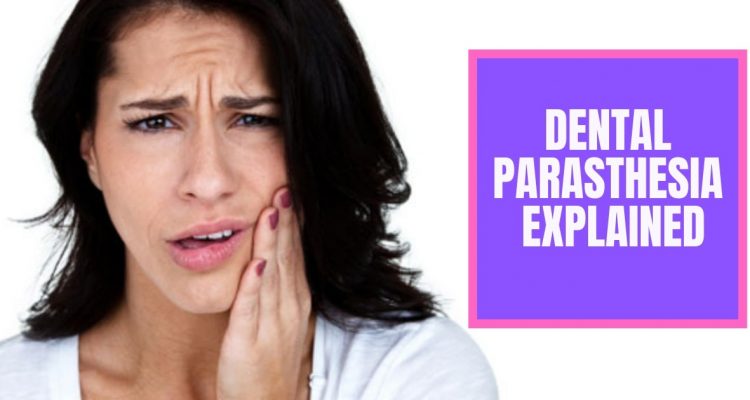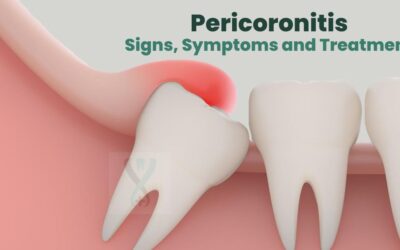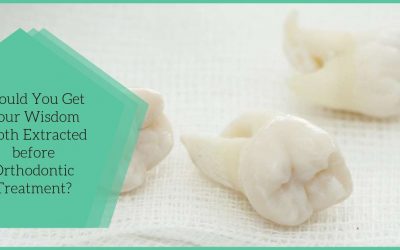Paresthesia generally means numbness or a burning feeling in the hands, arms, legs, feet, in the oral area etc. It is often a temporary phenomenon when the nerve in the pain region experiences some kind of pressure. But once the pressure dissipates, the pain and the discomfort are relieved.
So Paresthesia can affect any part of the body?
Yes, that is right. Paresthesia can happen in any part of the body where there is nerve supply. When parasthesia happens in the oral region, it is generally referred to as Oral Paresthesia or Dental Paresthesia.
Paresthesia in Dentistry
Any alteration to the normal oral sensory function in the oral region can be broadly termed as Dental Paresthesia. The oral sensation of numbness in the oral region and other sensations like tickling, burning, pricking and tingling sensation are also symptoms of Dental Paresthesia.
How Dental Paresthesia happens?
Paresthesia in the oral region happens because of two major reasons. It can be either because of local anesthesia administration or when the nerves running the oral region are cut during any oral surgeries like wisdom tooth extraction or any other tooth extraction procedures or for that matter any restorative or surgical dental procedures. In short, they happen due to either surgical trauma or local anesthesia administration.
Dental Paresthesia due to any kind of Growth which is displacing or pressuring the nerve
Dental Parasthesia can also happen due to any growth in the oral region which might displace or exert some kind of pressure on the nerve present in the oral region. Growths like a simple cyst, or any kind of tumor can exert pressure on the nerves. The sensory impact created by such an impact is a kind of dental paresthesia.
Dental Paresthesia due to Dental Surgery
Most dentists are extremely careful when they carry out any surgical dental procedures. The latest full mouth digital X-ray images tell the dentists very clear on where the nerves are running in the oral region. Yet, if there is any nerve damage that might occur during any dental surgical procedures, it may cause Dental Paresthesia. However, it needs to be emphasized that nerve damage during any dental surgical procedure is an extremely rare event. There has been a drastic reduction in nerve damage and subsequent dental paresthesia in recent years due to the technical advancement in the field of dentistry.



